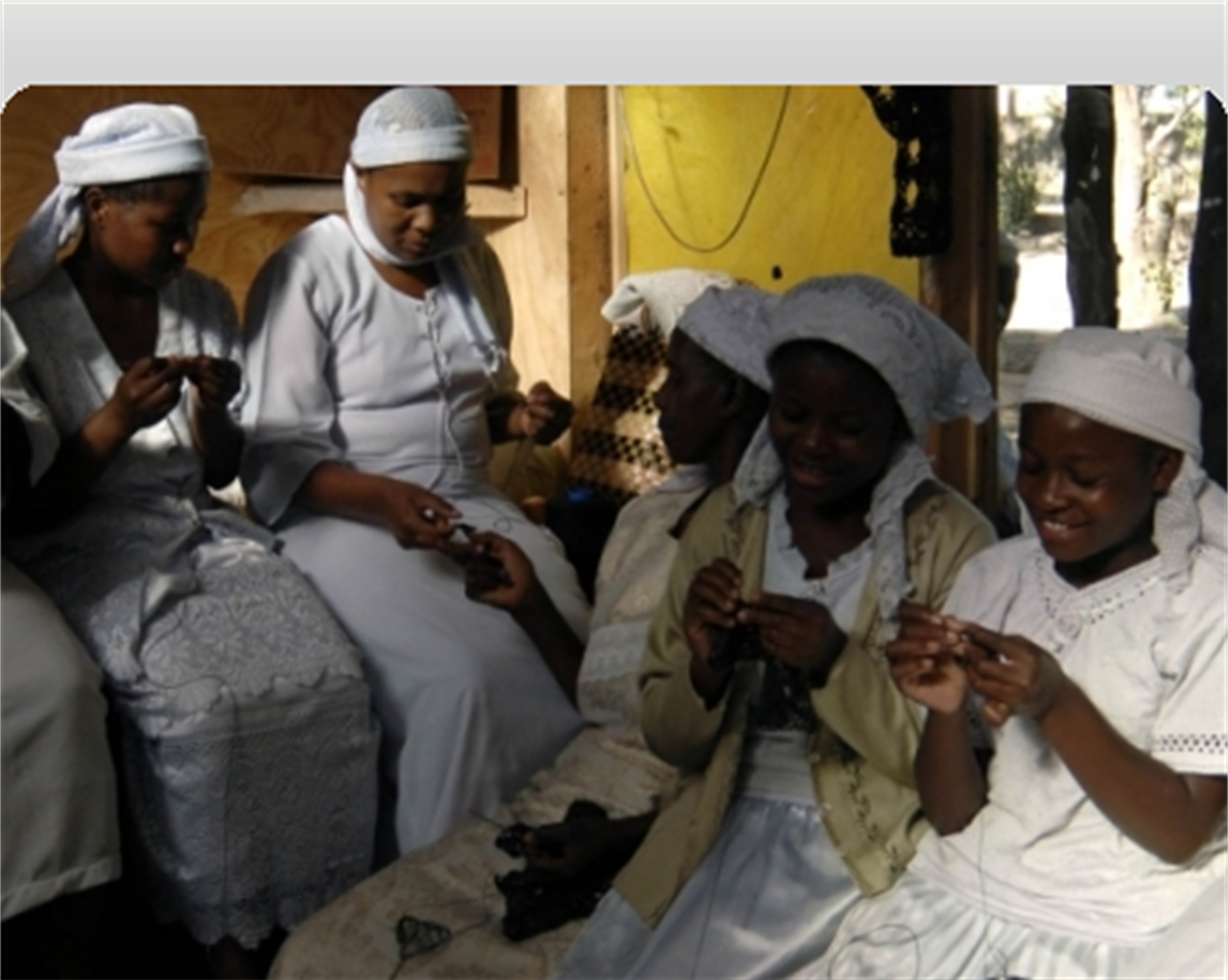Non profit
Engaging not aiding
Italian brand Max&Co. helps Kenyan producers access new markets.

“We are not your typical UN project. We are a market oriented program. We have to be sustainable, we don’t want to involve the people we are trying to help in something that has no future,” said Simone Cipriani.
Cipriani is the Senior Market Development Officer of Africa Inspires Ethical Fashion by International Trade Centre (ITC), a United Nation’s organization that engages with local Kenyan and Ugandan artisans to increase their access to the market for ethical fashion.
This year, ITC produced Max&Co.’s Ethical Animalier accessories collection, employing roughly 500 artisans in Nairobi and in the rural Gilgli in Kenya.
It was launched in April at the 2010 installment of the Salone Internazionale del Mobile in Milan.
The Kenyan collection was housed by a furniture collection of chairs, wall shelves, cabinets and hanging lights by the designer Marzia Chierichetti’s label, be clever.
“The be clever collection was an insert, we created a space, inspired by Kenya, for the Ethical Animaliere collection,” said the designer Marzia Chierichetti.
be clever
The be clever line was produced in Malindi, Kenya, at Chierichetti’s workshop with the help of a handful of Kenyan artisans she employs.
Having lived in Kenya for 11 years, Chierichetti has seen firsthand that projects like this “can help people create a more stable life, a life with a walled home and children in school instead of out on the streets.”
A partnership
According to Max&Co., “starting in April of 2009, the MAX&Co. brand got actively involved in the area of ethical fashion by means of the MAX&Co.&AFRICA&YOU, project in collaboration with the ITC/United Nations and various self-help groups composed of Kenyan women.”
“Max&Co. was asked to engage with us and to design a line of products that could be feasibly produced by artisan groups located in marginalized regions of Kenya,” said Cipriani.
For the first season a collection of crochet accessories was launched. This April’s show marks the third season of the partnership.
For their part, “Max&Co. contributed a design which was consistent with the capacities of and with the materials available to the communities Ethical Fashion engages with,” said Cipriani.
“What we do is organize technical assistance, capacity building, quality control of production and logistics. The aim is to empower local producers and to set them on the path to becoming independent producers.”
“Max&Co. buys the product at a price that allows for a fair remuneration of labor and which allows us to accumulate some income which we invest back into our social agenda,” he concluded.
Capacity building
While not a traditional aid to Africa project, the numbers behind this project seem to suggest that it is having an economic and social impact in Kenya.
“We work with fashion houses such as Max&Co. to give groups the opportunity to produce a smaller number of goods but at a higher quality. This higher quality strategy is used as a way to upgrade the skills of the artisans,” he said.
For the 2010 season Ethical Fashion and its partner groups produced approximately 5,000 pieces for Max&Co., not a huge volume, only about 500 Kenyans were employed to work on the project.
What the project did allow for was an increase in skills capacities. Max&Co. asked Ethical Fashion to stain the bags using eco-friendly products.
“We discovered something new, how to stain the bags with natural essences from tea and coffee,” he said before adding, “you know Kenya is a producer of coffee.”
Nessuno ti regala niente, noi sì
Hai letto questo articolo liberamente, senza essere bloccato dopo le prime righe. Ti è piaciuto? L’hai trovato interessante e utile? Gli articoli online di VITA sono in larga parte accessibili gratuitamente. Ci teniamo sia così per sempre, perché l’informazione è un diritto di tutti. E possiamo farlo grazie al supporto di chi si abbona.
